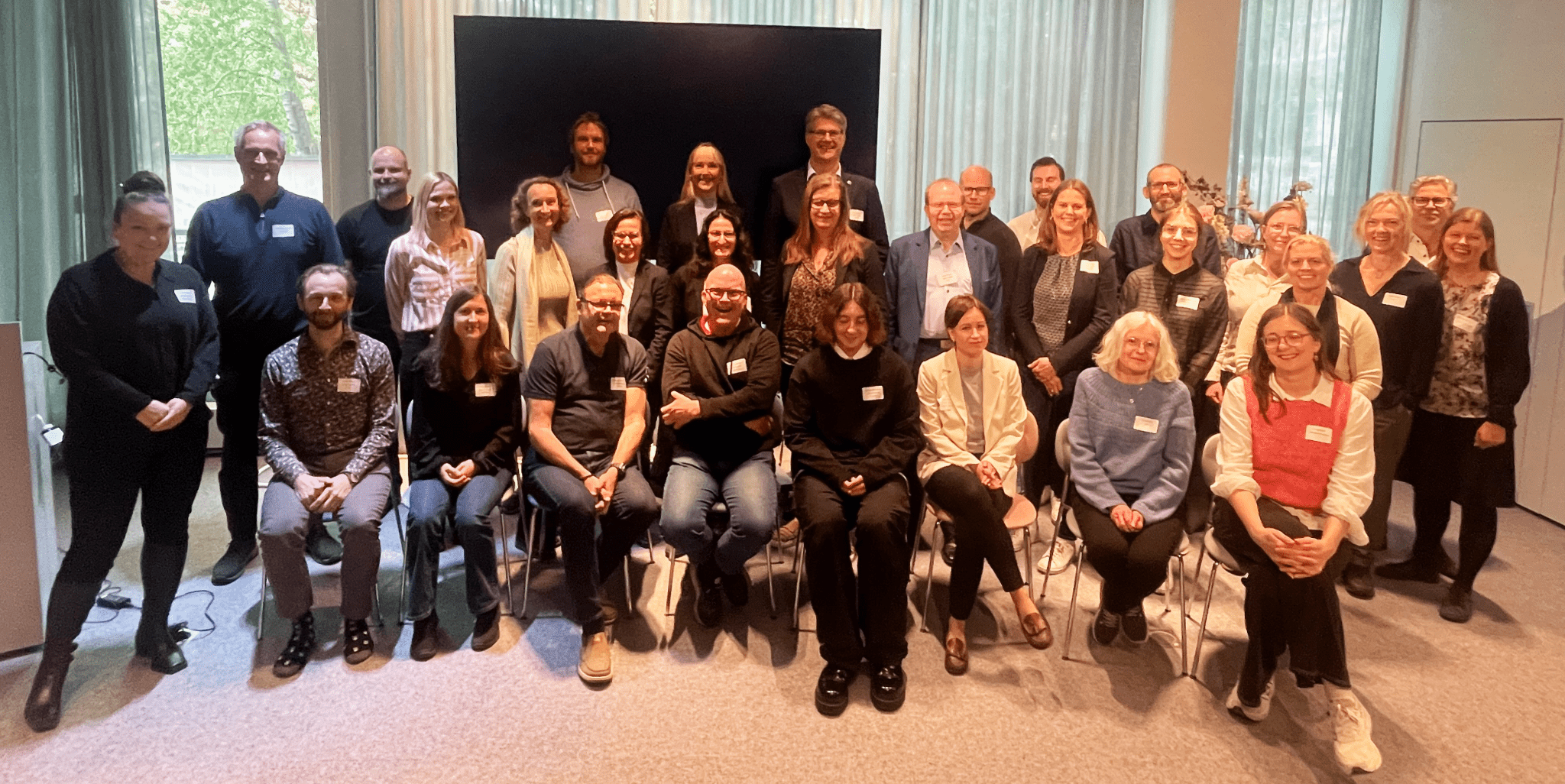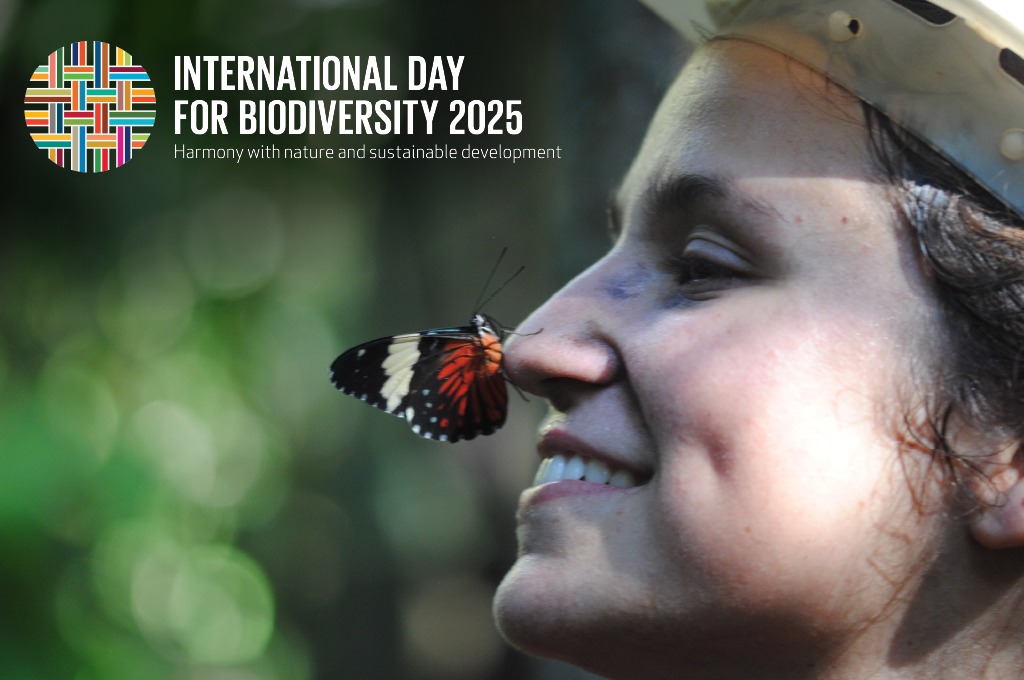SciLifeLab’s and Knut and Alice Wallenberg Foundation’s program on Proof of Concept grants promote innovations in life science
Ten projects in life science, with the aim to develop an academic discovery towards an innovation and a product, receive Proof of Concept funding in the first call.
“The support provided by Knut and Alice Wallenberg Foundation will ensure that the scientific breakthroughs that the Swedish life science community generates have the potential to reach into the realm of future innovations. These projects have arisen from life science research funded by the Foundation, and some have been facilitated by technology and data capabilities at SciLifeLab”, says Olli Kallioniemi, Director SciLifeLab, and he continues:
“The grants that were approved come from scientists across the country. What was common to the successful proposals in this first round of funding was that they presented exciting opportunities and that they were at the right stage of development for this call”.
In addition to funding, the project leaders will receive continued support from the team at Wallenberg Launch Pad (WALP) to develop their innovation to commercial maturity.
“The coaching process has been incredibly useful, providing new insights on the world of innovation which can be quite intimidating as an academic scientist. This grant is for me a unique opportunity to foster new interaction between academic and industrial research work. We can now aim to develop our technology toward a novel drug-screening method “, says Ilaria Testa, one of the researchers who has received a Proof of Concept grant.
The purpose of the Proof of Concept grant is to bridge the gap from academic research to innovations in life science. The grant gives researchers the opportunity to develop their early-stage discoveries towards validated methods, products or processes and provides the opportunity to carry out activities that validate and accelerate the development of the project and prepare for commercialization.
“The WALP program is an excellent mechanism to put research on a path towards commercial application when appropriate, and we are grateful to receive this support to now explore industrial applications of our SciLifeLab/KAW-funded Covid project”, says Professor Ulf Landegren, another recipient.
The grant is not meant as a translational academic research grant but as a specific goal-oriented project to develop an academic discovery towards an innovation and a product.
A new call for Proof of Concept grants opens up February 12 and will close March 22, 2024.
Approved Proof of Concept grants in 2023
Ilaria Testa, KTH Royal Institute of Technology
TumbleSense: a novel instrument to probe protein-protein interactions in their native environment.
Anna Dimberg, Uppsala University
New antibody treatment for aggressive brain tumors – anti-CD93 therapy to block invasion and induce anti-tumor.
Christian Hedberg, Umeå University
CryptoSafe – Selective anti-infectives to address Cryptosporidium infection.
Sophie Erhardt, Karolinska Institutet
Targeting KAT III: A novel treatment option for immune-induced cognitive impairment and psychosis.
Ulf Landegren, Uppsala University
High-throughput analysis of specific antibody reactivities.
Magnus Cinthio, Lund University
Novel ultrasound-based method to detect atherosclerotic plaques that cause strokes and heart attacks.
Paul Bourgine, Lund University
Bioengineering human mini-bones as personalized therapeutic-testing platform.
Fredrik Bäckhed, University of Gothenburg
Drug the bug: Inhibiting urocanate production to treat fibrotic disease.
Kevin Smith, KTH Royal Institute of Technology
AISmartDensity – AI Software for Targeted MRI Follow-up in Mammography.
Johan Elf, Uppsala University
SENSE-TB: Fast Phenotypic Antibiotic Susceptibility Testing of Mycobacterium Tuberculosis.
Contact:
Anna Frejd, Communications Manager, SciLifeLab
+46 (0) 70 539 00 79





